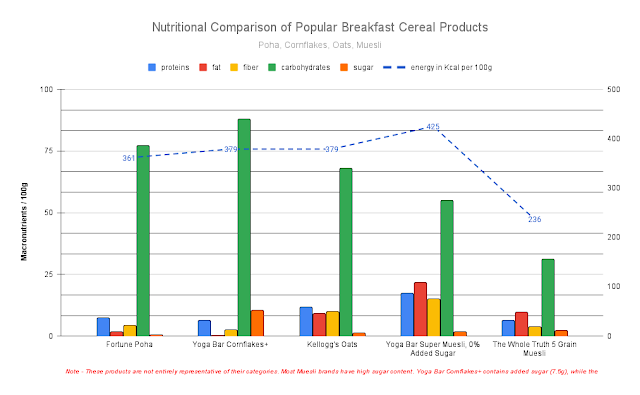Allergens
Food laws of many countries require some or all of the following major 14 allergens to be declared:
- Cereals containing gluten; i.e., wheat, rye, barley, oats, spelt or their hybridized strains and products of these
- Crustacean and their products
- Milk & Milk products
- Eggs and egg products
- Fish and fish products
- Peanuts
- Tree nuts (such as almonds, hazelnuts, walnuts, brazil nuts, cashews, pecans, pistachios and macadamia nuts) and their products
- Soybeans and their products
- Sulphur dioxide and sulphites
- Sesame
- Celery
- Lupin
- Mustard
- Molluscs (such as mussels and oysters)
There are several other allergens besides these.
Almond flour is among the most common grain- and gluten-free flours available. However, foods free of gluten, soy or genetically modified ingredients may contain lupin.
Being aware of allergen information and avoiding cross-contamination is especially important for those involved in a food business
Allergens and traces differ in their origins. Allergens are ingredients within the product, while traces result from factory processes. Your level of allergy determines what to avoid.
ImmunoCAP testing through a blood sample can help narrow your differential diagnosis and determine whether a patient's gastrointestinal symptoms may be due to allergies.
Immunoglobulin E (IgE) is a type of antibody that the body produces to fight off allergens, bacteria, and viruses. An IgE test can measure how much IgE your body makes in response to a specific allergen, helping to identify what you might be allergic to.




Comments
Post a Comment